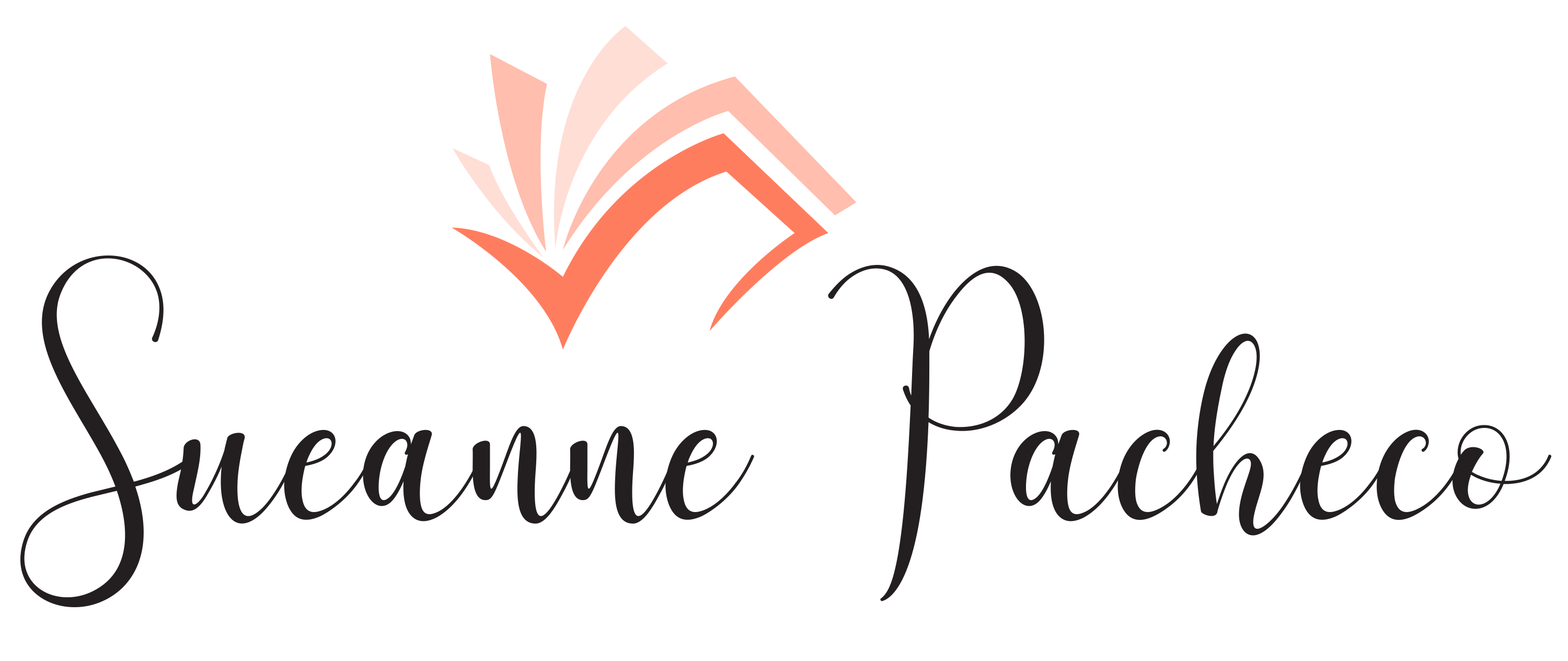
When the Heroine in the Mirror is You
What image do you see?
The Hunger Games theme is about survival, holding onto your humanity and dignity.
The Divergent themes were intertwined with how to control fears and be free of them.
The Star Wars theme is about good versus evil.
The Star Trek theme is to seek out the unknown, to live long and prosper (paraphrasing in case any true Trekkies decide to get after me).
What do these story themes have in common?
While our imagination frees us to see worlds of bias-free, interconnected and interdependent communities, our reality is stunted. Some of us are coming along much slower than the rest, and this foot dragging is at some point in time going to cost us the survival of our humanness – not in economic, or technological terms but from a subconscious and conscientious bias.
Which is it - subconscious bias or conscientious bias?
With all the available research, whitepapers and thought leadership articles circulating online and in print, there appears to be an obliviousness to how online categories about women or young adult women are appearing on searches.
In researching images only about women, there is exasperation on my part at how difficult it is to land on anything relevant. Unless it was a newspaper article, there were no aspirational images jumping out showing women in their element (unless you did a geographical search). Even then, young women only came up when it was related to physical beauty, make up, fashion, models, all the stereotypical nonsense projected time and memorial in visual realms.
Is this a subconscious bias or a conscientious bias when the categories and indexes are being determined online?
Why are ethnic women not featured more?
- Ethnicity and Immigration
- As multi-ethnic population in Canada rises...
- Mixed marriage in Canada...
The Search for Inspirational Images of Ethnic Women
In addition to finding images of young women as sisters, BFFs, classmates, laughing and chatting in groups, we need images of young women of ethnicity laughing and chatting in groups, being BFFs, standing at science stations with microscopes, smiling at customers as they pass them their beverages, working at a desk of their start up business, speaking at youth conferences, walking dogs, climbing mountains, swimming in the ocean.
Ethnic women are more than walking with buckets of water on their heads, swaddling babies, making naan on a tawa, or sewing yoga pants.
Women are strong, resourceful, innovative, practical, savvy, ambitious, collaborators and compassionate. These are all the qualities needed to survive and to accept differences – regardless of purple skin, orange skin, female captains, female soldiers, three eyes, no mouth, no ears, fins, tails, long ears, multi-lingual androids, cyborgs and the list goes on.
Everything needed to survive and to accept differences – regardless of purple skin, orange skin, female captains, female soldiers, three eyes, no mouth, no ears, fins, tails, long ears, multi-lingual androids, cyborgs and the list goes on.When the Heroine in the Story is You
Empowering images of how we are represented in stories is important.
It is important for young women to see themselves reflected in books. When you see yourself reflected in books, this is an affirmation of you being a heroine in your own story.
When the Heroine in the Mirror is You
When the heroine in the mirror is you, your subconscious bias of the world is one of equality; in turn, your conscientious bias of the world is love.
Equality and love are the humanness (as referenced earlier) integral to survival.
Your mission is to go beyond where other women have gone. Your mission, heroines, is to embrace the inspiration from empowerment and education to motivate you to get there. Also, give yourselves permission to be patient. My mission is to provide you with inspirational stories to help you along your journey to discovering the heroine in the mirror.
I’m curious to know - Do you take notice of ethnic background of a character when you read a book?
Let me know below, in the comments section:

